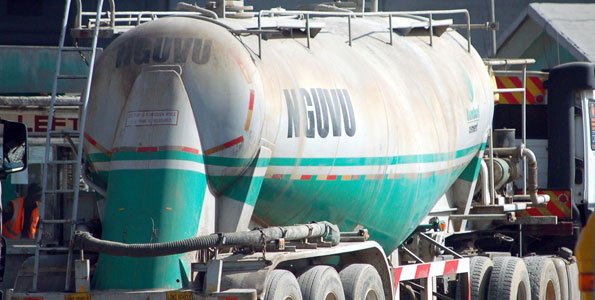Bamburi Cement #ticker:BAMB will switch to solar power joining other heavy-consuming industrialists seeking reliable and cheaper electricity supply.
The cement maker has signed a power purchase agreement (PPA) with an independent power producer, Momnai Energy Limited, to set up two solar plants at Bamburi’s factories in Mombasa and Nairobi.
The solar power systems will have a capacity of 14.5 megawatts and five megawatts at the Mombasa plant and Nairobi Grinding plant, respectively.
This will account for 40 percent of Bamburi’s total power supply, saving the Nairobi Securities Exchange-listed firm 10 percent annually on costs.
Several companies, universities and factories have turned to solar energy to ensure reliable supply and reduce operational costs amid a global shift to green energy.
“We are elated to be making this step towards switching to more affordable and clean energy that will not only lead to a significant reduction in power costs but also bring us closer to our goal of achieving Net Zero carbon emissions,” said Miriam Ngolo, Bamburi’s Strategy and Business Development Director.
The move comes at a time when companies are ditching the national distributor, Kenya Power #ticker:KPLC, following an outcry by businesses of high electricity bills raising the cost of doing business.
Big power consumers such as National Cement, Africa Logistics Properties (ALP), Mombasa International Airport, the International Centre of Insect Physiology and Ecology (Icipe) have recently commissioned solar power units on their properties.
Solar energy is considered cheaper power, threatening further decline in revenues for loss-making Kenya Power.
The construction of Bamburi’s solar power plants will begin at the end of 2022, after requisite regulatory approvals with expected completion within a year.
Momnai Energy will be responsible for financing all costs related to the project, including developing, managing, operating and maintaining the solar photovoltaic plants’ infrastructure.
